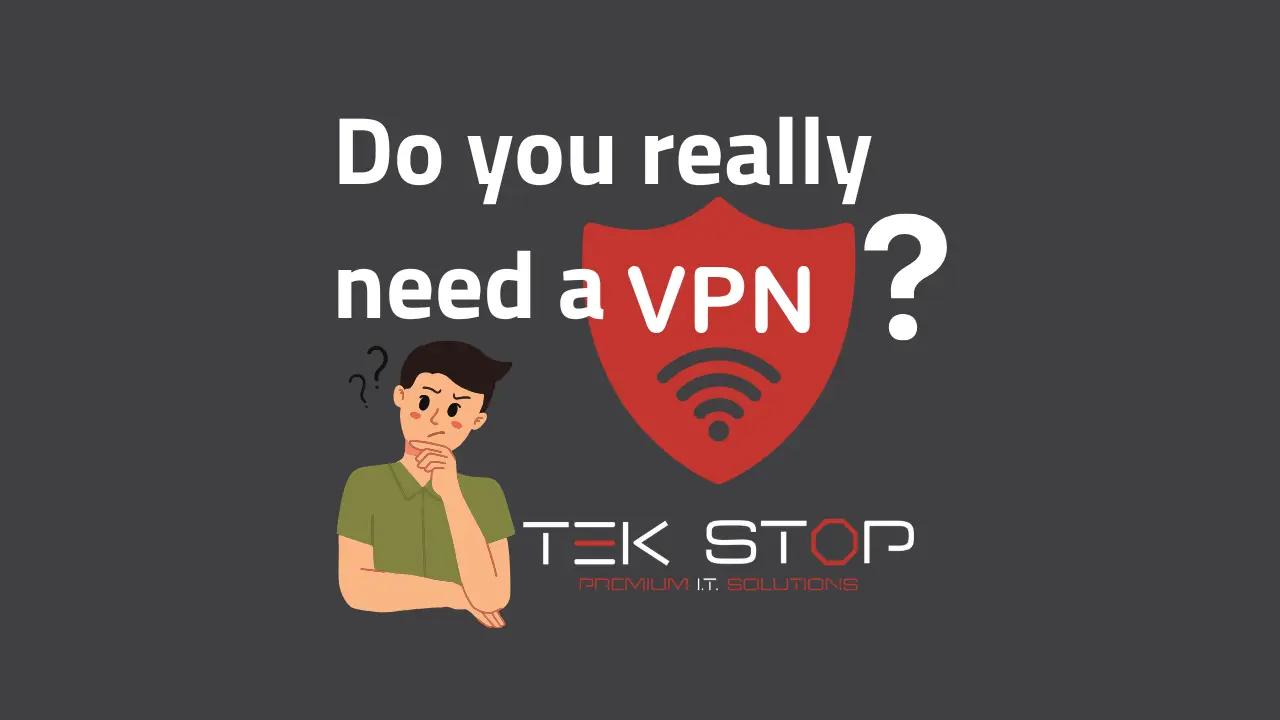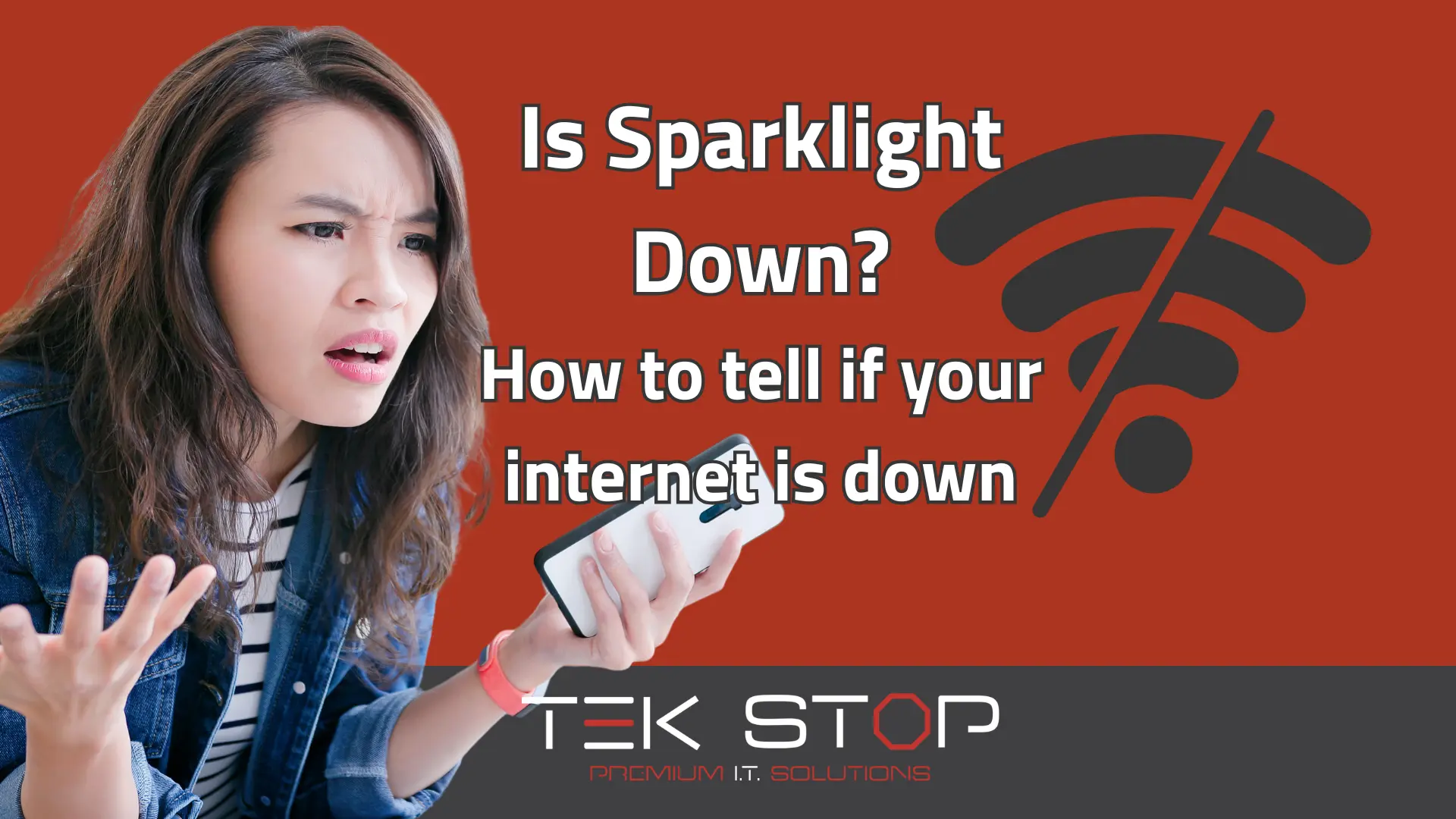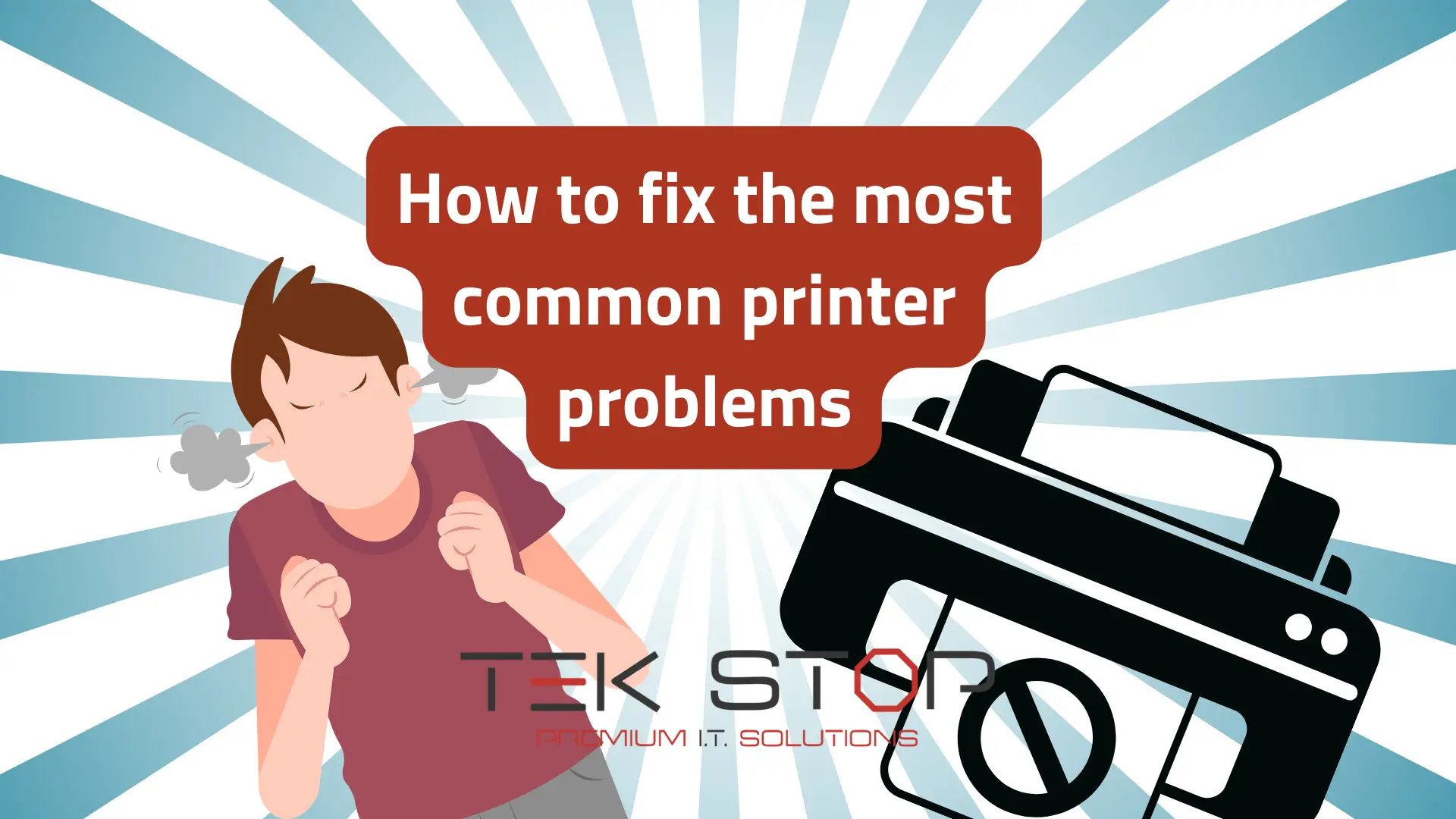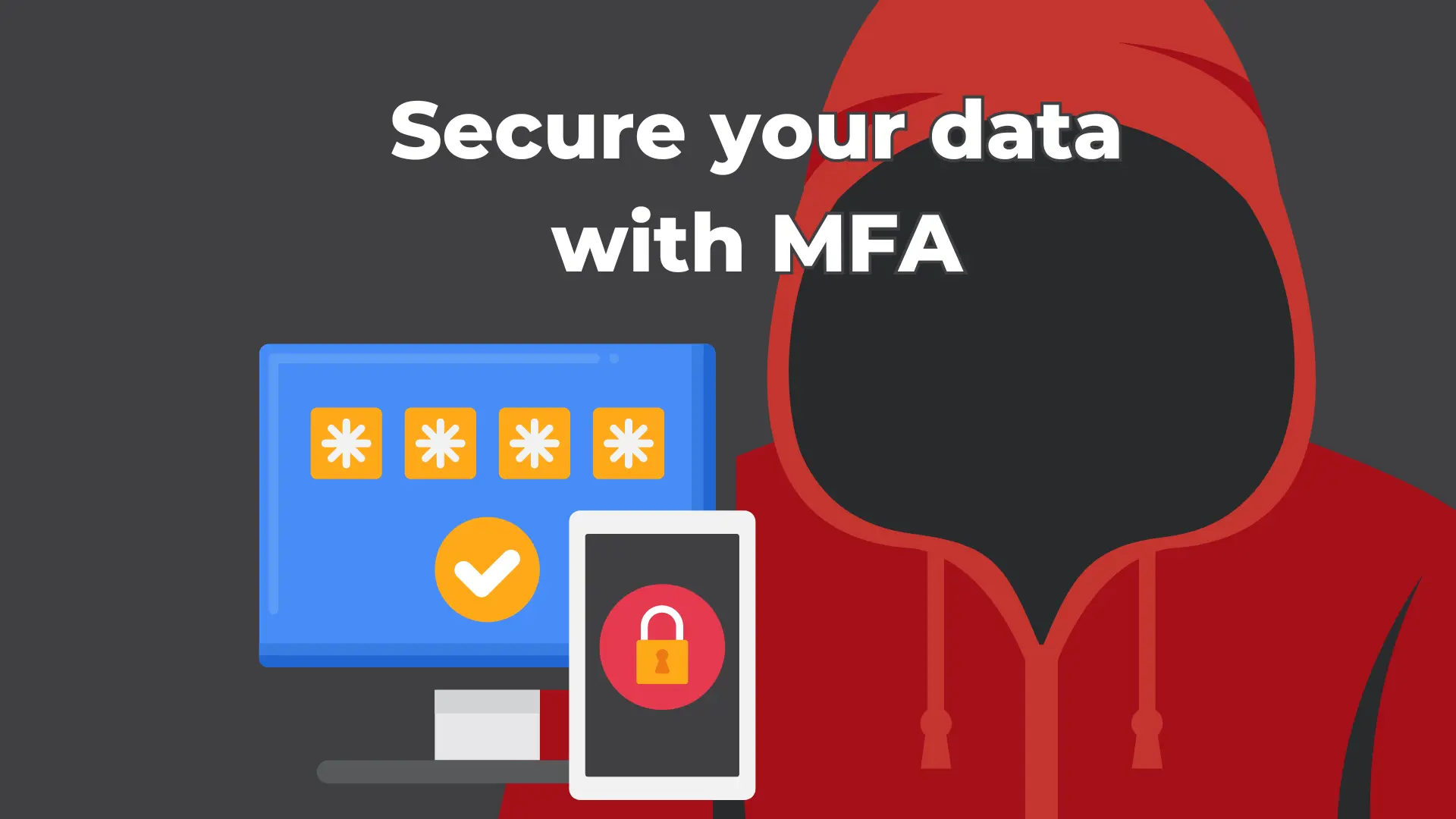What is the best VPN and do you even need one?
You have probably seen the ads about using a VPN or had friends tell you how important it is to have a VPN for internet security. People have long touted VPNs as a necessity for various reasons, including cybersecurity, privacy, and international media. But do you really need a VPN? What do these services actually do? In this article, you’ll learn what they are, what they do, and if you really need to use one.
What is a VPN?
VPN stands for Virtual Private Network. Simply put, it is a way to “virtually” plug into a network without physically being there. For instance, offices commonly use VPNs to work from home – allowing the remote workers to “plug in” to the office network without actually being there.
When you activate a VPN, it filters some or all of your internet activity. This allows you to access files and services within the network and benefit from its security features. Using the example of remote workers at a company, this may allow work-from-home users to access files on the office server, get protection from the office firewall, and more.
The claims VPNs make
When it comes to consumer VPNs services like NordVPN, Private Internet Access, and others, the network that you’re “plugging into” is operated by that company. This allows them to encrypt all of your internet traffic, block malicious websites, and hide your IP address. Sounds good, right? Well, it’s not as fantastic as it sounds.
Encryption
First, let’s talk about the encryption. Although encrypting your internet traffic is important, VPNs don’t offer anything special in this regard. In fact, almost all of your internet traffic is already encrypted without using any special services. Unless you have very specific requirements, you aren’t benefiting at all from this feature.
Blocking Malicious Websites
Although a VPN can help with this aspect of internet security, your antivirus software likely already takes care of this. Most modern antivirus/antimalware solutions will scan and block malicious network activity. So, once again, this feature that is advertised most likely doesn’t benefit you.
Hide Your IP Address
These companies love to tout privacy benefits, without teaching you how it actually works. Yes, a service like this can hide your IP address. But what’s the benefit to you? Well, if you’re very careful, this can make it difficult for bad actors, advertisers, and other websites to track you across the internet. Notice the key phrase, “if you’re very careful”. Your IP address is just one of many different methods companies have for tracking your online activity. One minor slip-up, and your privacy is busted.
It’s too much to get into in this article but suffice to say that a VPN is not the end-all be-all of internet privacy.
Protect You While Travelling
This might be the number one most dangerous claim these companies make about VPNs. No matter what, whether you’re using one of these services or not, it is dangerous to connect to an unknown network. If you connect to a compromised network, all bets are off and your computer activity may be threatened as well. The best way to stay safe while traveling is to avoid public wifi networks at all costs. Use your phone’s hotspot instead.
Benefits of a consumer VPN
Now that we’ve shed some light on what these services don’t provide, let’s talk about the real benefits from such services. Specifically, a VPN can provide some increased privacy and help you circumvent geo-fenced media protections.
Increased Privacy
Remember what we said above – you have to be very careful about your online activity if you want to stay private. It’s important to do your own research and be diligent in protecting your privacy. If you take the right measures, it will be difficult for advertisers and bad actors to track you across the internet.
Geo-Fenced Media
If you’ve ever traveled abroad and tried to login to your Netflix account, you probably noticed that some media is only available in certain countries. With a VPN, you can typically choose to connect via a different country than the one you’re in physically. For instance, while traveling in France you can pretend to be in the United States and access all your normal shows on Netflix.
Hidden Costs of VPNs
Obviously, these companies don’t talk about some of the big downsides. But there are a couple things you should be aware of if you choose to use one.
- First, if you are thinking about using a free VPN service, stop! Often, companies offer a service for free because your data is the price you pay. This would greatly defeat the point in using the service in the first place.
- Second, it’s important to know that your internet speed is going to be reduced. Using one of these services is like the difference between a direct flight and a flight with a layover. This is usually fine for internet browsing, email, and other similar activities. But it’s going to give you a poor experience if you’re gaming or streaming high-quality media.
Conclusion – Should you use a VPN?
In conclusion, we don’t recommend a VPN for most people. Although there are some minor benefits to using one, there are much better solutions out there. Keep yourself alert to online scams, use your own private hotspot while traveling, and keep your antivirus and devices up to date with the latest security patches.
If you ever have any doubts, give TekStop a call. We’re happy to help you with any of your technology concerns. Call (928) 583-4454 to get help right away!
Recent Posts
What is the best VPN and do you even need one?
You have probably seen the ads about using a VPN
Is Sparklight Down? How to tell if your internet connection is working.
Feeling disconnected? It's frustrating when your Sparklight internet goes down.
Common Printer Problems and How to Fix Them
You hit print, eager to get that concert ticket in




